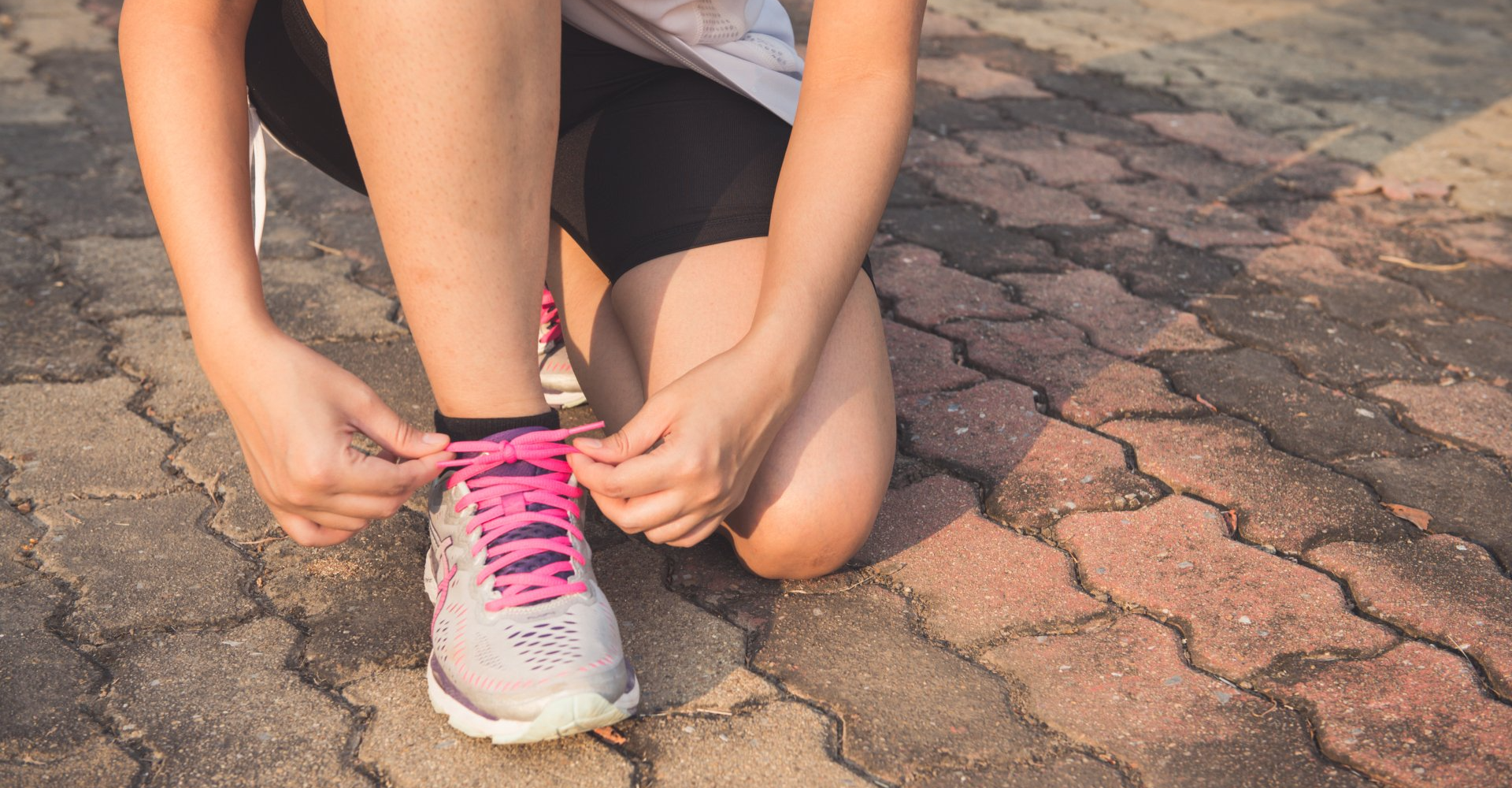Can Exercise Help Anger Management & Reduce Rageful Outbursts?

Anger can act as an instigator for aggressive tendencies and violent behaviour, which can lead to a number of negative outcomes. It is important for those who struggle with anger issues to learn how to manage with them in healthy ways. With exercise being increasingly named as the number one method to support anger management (and my deep interest in the effects of exercise) I was keen to explore this further.
Exercise has a positive influence on mental health.
Exercise is known to have a positive effect on emotional well-being. The use of exercise as a coping mechanism is a healthy way for people to combat mental states such as depression, anxiety and stress.
Indeed, those who exercise regularly have an increase in positive mood; including tension and stress relief, anxiety and alertness.
But how does exercise relate to anger?
Exercise can work as a prevention for anger. In a recent study conducted in the US, people who exercised more were found to be less prone to anger and aggressive tendencies. A finding that has interesting appeared to be stronger in women than in men.
Exercise can also work as a tool to overcome anger. Researchers discovered a large positive effect on stress, depression and anger when people who suffered from burnout used exercise to manage their symptoms.
There are a number of ideas as to how exercise supports anger management.
One theory (the Cross-Stressor Adaptation Hypothesis) suggests that the key to helping anger management is the prolonged physiological stress state the body experiences during exercise. To put it simply, your body experiences so much physiological stress during exercise that (through habituation) it becomes better able to deal with stress in normal life.
Another theory suggests that exercise supports anger management due to increasing the functionality of the hippocampus (the part of the brain involved with learning and memory processes). By increasing the function of the hippocampus, the cognitive control system (which is in charge of regulating anger) also grows, resulting in improved anger management.
The experiences during exercise help develop healthy anger management techniques.
When you exercise your brain is intensely focused on the movement, breath and body. When you are focused, you are distracted from the issues that cause you stress and anger. Having regular breaks from repeatedly thinking about stimuli that causes anger is a very effective way in which exercise can support anger management.
When you exercise your heart rate increases and you experience shorter, shallow breaths. Your body naturally works to slow your breathing to a normal pace following exercising. This physiological response is similar to the response needed to calm down when you are feeling angry.
Anger = increased heart rate. Calm = decreased heart rate.
Learning and practicing to control your heart rate is an effective tool that exercise can teach you to help anger management.
How can I incorporate these findings into my life?
As we have seen, exercise has a whole host of benefits for both physical and mental well-being. But it is one thing to know this information, and another to do something about it.
First of all, find a type of exercise that you enjoy! There is no point committing to run 3 times a week when you hate running. If anything you will find your anger increase at the thought of something so unpleasant!
Maybe you like stretching, Yoga or Pilates, maybe you enjoy power outbursts such as running or spinning, or maybe you more enjoy leisurely activities e.g., swimming or going for bike rides. Getting started is all about accessibility so do what is available and enjoyable to you.
Personally, I find yoga helps with my general emotional state. I am a lot less prone to angry outbursts when I have a regular yoga practice. However, if I am angry, there is nothing better than putting my headphones in and listening to some very loud music while I go for a 5km run!
Once you have chosen your exercise, I suggest you start now. Do not wait for Monday, for the start of the month, or for a special occasion to pop up, start your new routine now.
If you feel you are not pushing yourself enough, the fact you are moving your body is the important part. Do not get too caught up in how fast you are going, how much sweat you are producing, or how many miles you can cover. Progress is better than perfection.
Finally, give it time. It may take a couple of weeks to start to reap the rewards of your new exercise routine but trust me (and the research evidence) the benefits will come with time!
If you would like further information about how to manage anger or if you are interested in learning about the benefits of exercise and incorporating this into your life then do not hesitate to contact myself (Dr. Freya) to book a session.
References:
Bannon, S. M., Salis, K. L., & O'Leary, K. D. (2015). Structural brain abnormalities in aggression and violent behavior. Aggression and Violent Behavior, 25, 323-329 https://www.sciencedirect.com/science/article/abs/pii/S1359178915001317
Chu, I. (2008). Effect of exercise intensity during aerobic training on depressive symptoms in initially sedentary depressed women. 86-103. (Order No. 10630864). Available from ProQuest Dissertations & Theses Global. (1923387061). https://etd.ohiolink.edu/apexprod/rws_etd/send_file/send?accession=osu1204261519&disposition=inline
Edenfield, T. M. (2007). Exercise and mood: Exploring the role of exercise in regulating stress reactivity in bipolar disorder (Order No. 3277226). Available from Psychology Database. (304850999). https://digitalcommons.library.umaine.edu/etd/32/
Henchoz, Y., Baggio, S., N'goran, A. A., Studer, J., Deline, S., Mohler-kuo, M., & Gmel, G. (2014). Health impact of sport and exercise in emerging adult men: A prospective study. Quality of Life Research, 23(8), 2225-2234. doi: http://dx.doi.org/10.1007/s11136-014-0665-0
Holmes, D. S., & Roth, D. L. (1987). Effects of aerobic exercise training and relaxation training on cardiovascular activity during psychological stress. Journal of Psychosomatic Research, 32, 469-474. https://pubmed.ncbi.nlm.nih.gov/3070014/
Kemp, D. (2018) Is Exercise an Effective Treatment for Reducing Anxiety in Patients with Panic Disorder? PCOM Physician Assistant Studies Student Scholarship. 367. https://digitalcommons.pcom.edu/pa_systematic_reviews/367/
Kim, Y., Choi, H. and Yeom, H. (2019). Relationships between Exercise Behavior and Anger Control of Hospital Nurses. Asian Nursing Research, 13 (1), 86-91. Doi: https://doi.org/10.1016/j.anr.2019.01.009
Schultz, A. E. (2018). Effects of Exercise on Anger and Aggressive Tendencies. Undergraduate Theses. 168. https://digitalcommons.csp.edu/cup_commons_undergrad/22/
Thirlaway, K., & Benton, D. (1991). Participation in physical activity and cardiovascular fitness have different effects on mental health and mood. Journal of Psychosomatic Research, 36, 657-665. https://pubmed.ncbi.nlm.nih.gov/1404000/
Washburn, C. R., Pritchard, M. E., Book, P., & Clark, C. (2007). Correlations between exercise and anger in college students. Perceptual and Motor Skills, 104(3), 1310. https://pubmed.ncbi.nlm.nih.gov/17879665/
About the Author: Dr. Freya strongly believes in the science of Positive Psychology and uses her wealth of knowledge in this area to help clients overcome issues they face, enabling them to feel more positive towards themselves and their lives. Freya has a PhD in Psychology, is a qualified Yoga Teacher, and has completed courses in Meditation and Buddhist Studies. Read Full Bio >










